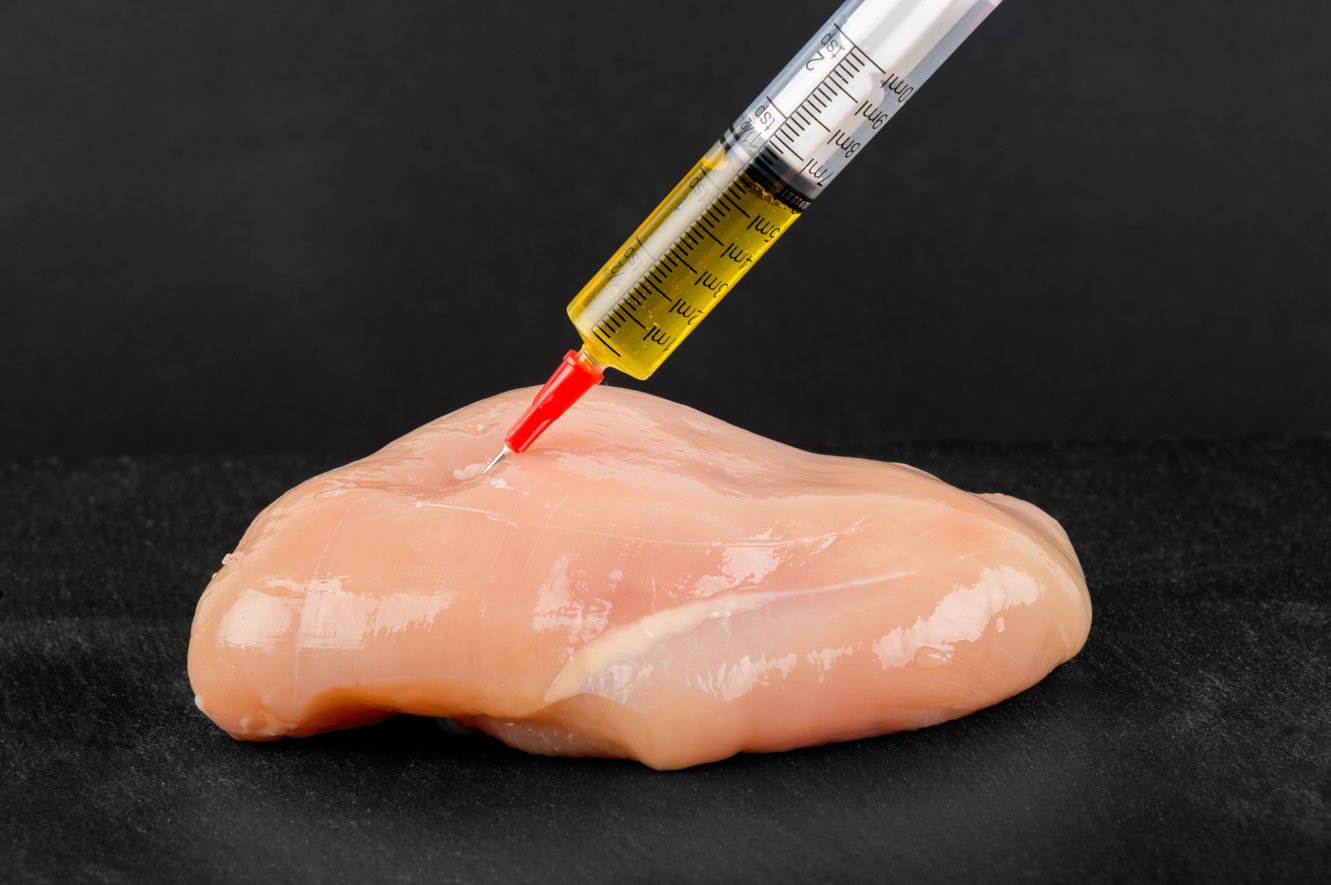
Very few of us consider the aspect of food safety when we shop and cook meals. However, there is an ongoing debate among activists around concerns regarding the possibility of hormones in food and foodborne diseases. Farmers have, for decades now, been administering growth hormones to livestock, to increase their yield.
These commonly used hormones and their residues may ultimately find their way into various meat and dairy products, and these can affect your health negatively and positively. Farmers are now finding new ways to speed up growth, increase milk production, and improve the number of eggs their hens lay. But these changes in farming methods have the potential to contaminate the food we eat.
An Alarming Trend?
Many people are concerned about hormone content in foods. The changes that these hormones cause also give rise to the possibility of antibiotic-resistant bacterial growth. There are many different ways in which salmon can be made to grow twice as fast, and beef cows grow to their full size 20% more quickly than usual.
While some of these changes are a result of genetic engineering, growth hormones given to the animals are the other causes. So, exactly how do these hormones impact people that consume animal and meat products? Is this reason for alarm? Let's understand a little more about what these hormones are, the effects they have, and whether we need to worry about them.
About Hormones Used On Cows
The synthetic hormone rBGH (Recombinant bovine growth hormone)is commonly used to increase milk production. Various studies indicate that it doesn't have any direct adverse effects on humans. It increases the production of IGF-1 (insulin-like growth factor) in people who consume milk that contains it. This hormone mimics various actions of the human growth factor. However, it also increases the risk of prostate, breast, and several other forms of cancer.
Do Hormones in Food Result in Early Onset Of Puberty?
Farmers will make higher profits of their cattle is heavier. It's why estrogen or other sex hormones are given to cattle to fatten them up. This process has been followed in farms throughout the country for over five decades. The hormone is administered in the form of an implant behind the ears of beef cattle, but it isn’t given to organically-grown cows.
Pigs, chicken, cattle, and chickens are also given antibiotics to induce growth. Some scientists aver that it may also be one of the reasons for the increase in the early onset of puberty. Currently, it is averaging seven months sooner than what it stood at before the trend started.
Other Issues to Be Aware Of
The RBGH given to cows has even more alarming results. These cows have a much higher incidence of infections of the udder, also called mastitis. Farmers give them even more antibiotics to clear these infections. The belief is that this practice adds to the possibility of antibiotic-resistant bacteria. The food industry as a whole and the FDA, in particular, say that neither the cow hormones nor antibiotic-resistant bacteria are cause for concern.
But then there have been occasions on which the Food and Drug Administration has said that trans fats aren't harmful to human health either. Today, there is a significant change in public opinion, and there is a demand for antibiotic and hormone-free animal products and meat. This awareness has considerably reduced the use of rBGH.
Many studies show the adverse effects of these hormones. However, there aren't any that show they are safe. The best way to reduce the health risks of hormones in food is to reduce your consumption of meat and animal products. Even when you are consuming these, look for labels that state organic - "no rbST” or no “rbGH”.
